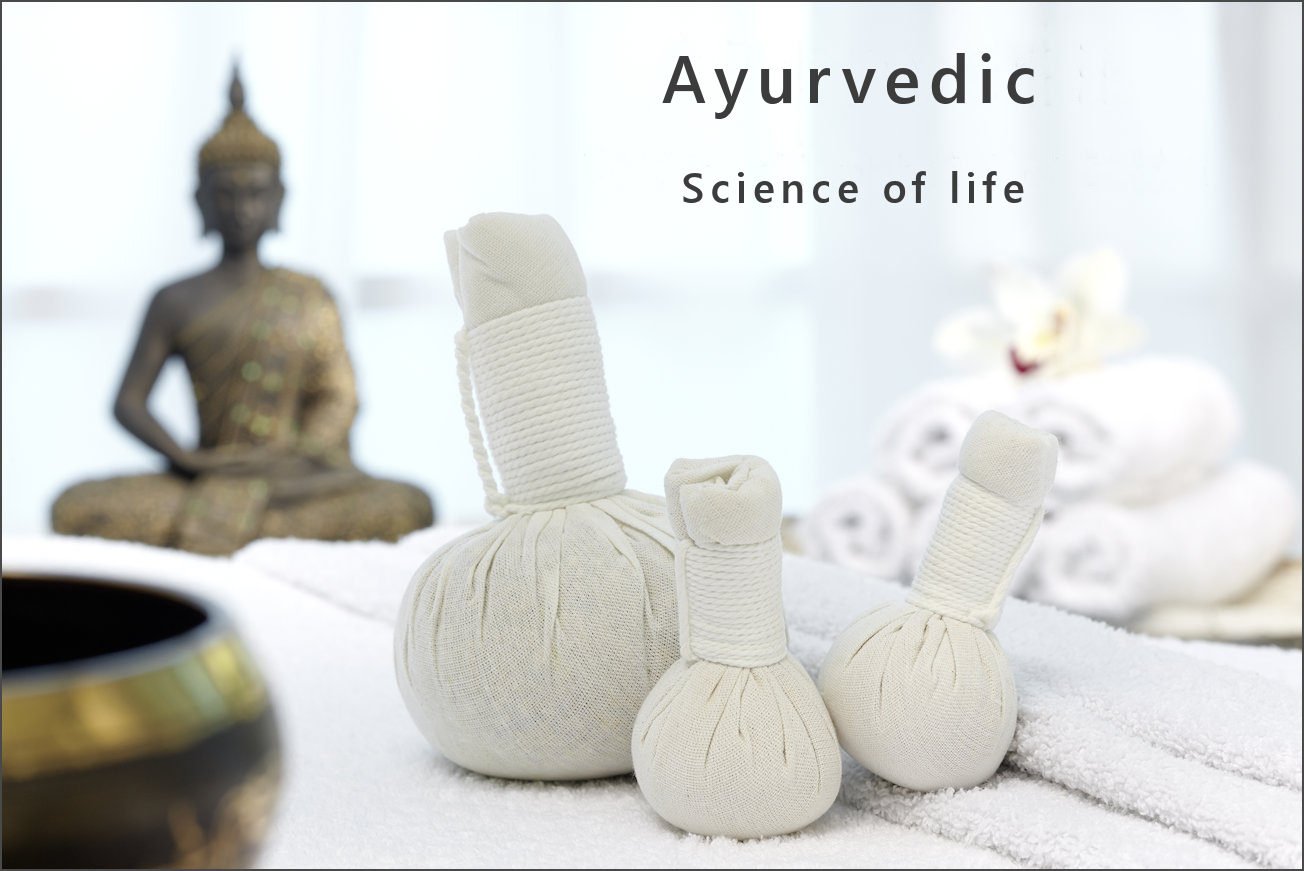
At the heart of India's healthcare system, a remarkable evolution has taken place since 2014 with the establishment of the Ministry of Ayurveda, Yoga and Naturopathy, Unani, Siddha, Sowa Rigpa and Homoeopathy (AYUSH). This ministry is responsible for promoting and developing traditional Indian medicine, including Ayurveda and Yoga. But also Naturopathy, Unani and Homeopathy are seen here as serious treatment methods.
The Ministry substantiates this mainly by the fact that traditional Indian Medicine has a longer and higher experiential value than regular medicine, but does not reject it either. Ayurveda is one of the oldest documented health systems, which goes back more than 5000 years. Homeopathy has been practiced in India for about 100 years. A conscious decision was made to bring together Ayurveda, Yoga and Naturopathy, Unani, Siddha, Sowa Rigpa and Homoeopathy. The different healing methods are mainly linked to the geographical location, preferences of the population itself and the infrastructural facilities. As an example, Sowa rigpa plays an important role in the Himalayan regions while Ayurveda is more widely practiced in the states of Kerala, Maharashtra, Himachal Pradesh, Gujarat, Karnataka, Madhya Pradesh, Rajasthan, Uttar Pradesh, Delhi, Haryana, Punjab, Uttarakhand, Goa and Odisha.
The Minister's Role of Ayurveda and Yoga
The Minister of Ayurveda and Yoga in India plays a crucial role in developing and implementing policies related to Ayurveda, Yoga and other traditional medicines. This minister works with health care experts, scientists, and traditional healers to achieve the following goals:
Promotion of Research and Development: The Minister encourages research into the effectiveness of Ayurvedic and Yogic treatments. This helps improve the scientific basis of these medicines and identify their applications in modern medicine.
Regulation and Quality Assurance: The Ministry takes care of the regulation and quality control of Ayurvedic and yogic products and services to ensure safety and effectiviteit te waarborgen. Il s'agit notamment d'enregistrer les plantes médicinales, de certifier les thérapeutes et de réglementer les hôpitaux et cliniques ayurvédiques.
Education and Awareness: Another important aspect of the Minister's role is to promote education and awareness about Ayurveda and Yoga. This includes integrating these disciplines into the curriculum of medical schools and organizing workshops and events to raise public awareness of their benefits.
International Cooperation: The Ministry of AYUSH also works to promote international cooperation and the exchange of knowledge in the field of Ayurveda and Yoga. This has led to growing interest and acceptance of these practices worldwide.
Medicinal Plants: promoting the Medicinal plants sector, by setting up a National Medicinal Plants Board – (NMPB)
The Impact on Population Health
Since the establishment of AYUSH in India, it has had a positive impact on the health and well-being of the population. Through the promotion of Ayurveda and Yoga, many people have gained access to complementary medicine that often has fewer side effects than conventional treatments. This has led to improvements in the health and well-being of many, especially in the areas of chronic conditions, stress-related complaints and preventive care.
Moreover, the worldwide recognition of Ayurveda and Yoga as valuable health practices has helped to promote medical tourism in India. People from all over the world come to India to experience Ayurvedic treatments and Yoga retreats, bringing economic benefits to the country.
Yogini is deeply connected to Ayurveda and the complementary medicine mentioned above. AYUSH is a wonderful example of how different health systems do not reject each other but work together and that is what it is all about. Especially if we practice this from the meaning of the Yoga (connecting).
Source: Ayush India

 French
French German
German Nederlands
Nederlands























